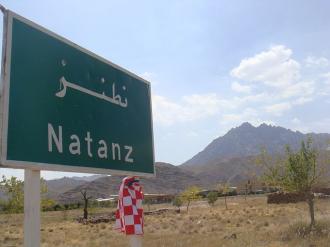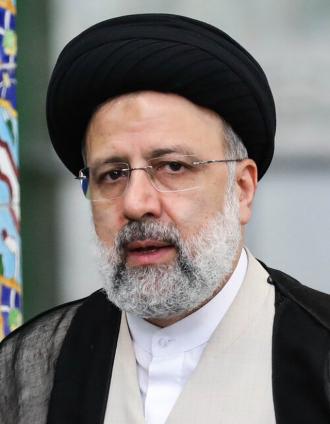In the first Pasuk of Parshas Noach, there is a Rashi which calls out for deeper analysis and explanation. The famous Rashi, “B’Dorosav”, quotes conflicting opinions in Chazal as to what the pasuk means when it says that Noach was a Tzadik “in his generation”. One opinion is that Noach was a complete Tzadik. The other view is that Noach was only a Tzadik “B’Dorosav” – when compared to the Reshaim of his generation. This derogatory description even goes so far as to say “Had Noach lived in Avraham’s Dor, Lo Nechshav Klum- he wouldn’t have been recognized as an outstanding individual”. This Rashi raises several difficult issues.
First, it is unusual for Chazal to have a disagreement about a fact. Typically when there is an argument in Chazal, they are arguing over an interpretation or theory, not a fact. Simply put, was Noach a Tzadik or wasn’t he? He certainly lived long enough and knew enough people after the Mabul that a legitimate insight into his character could have been obtained. Moreover, what does it mean when it posits, “Had he lived in Avrahams Dor he would not have been anything outstanding”? Noach did live in Avrahams Dor. Noach was born in the year 1056 and died in the year 2006 (950 years). Avraham was born in the year 1948 and died in 2123 (175 years). Noach and Avraham lived together for 58 years!!
Indeed, there is a Medrash which details a specific meeting which took place between Noach and Avraham, when they both tried to dissuade Nimrod from building the Migdal, the Tower. The Medrash relates that Noach spoke to Nimrod and his followers and warned them of the consequences of their actions, that he himself had witnessed and survived the Mabul. No one took note of Noach’s warnings. When Avraham delivered the same admonition regarding the misplaced idea of rebelling against Hashem, people very much took note. Nimrod was so concerned about the affect Avraham was having that he ordered Avraham be thrown into the Kivshun. How could Chazal ask “Had Noach lived in Avraham’s Dor”?
In answering these questions, it may be helpful to pose one more. If Noach wasn’t anything special, he was just superior to the Reshaim of his generation, then why save him? Why go through the whole Tayva process with animals and rain etc.? Why not destroy the world, start over with a new “Adam” and have a Mesorah that the first world was destroyed because of Rishus? Why save mediocrity?
It seems that the proper explanation to all these questions is that there was no factual disagreement among Chazal. Both opinions are in reality saying the same thing. In truth, Noach’s accomplishments for his lifetime pale in comparison to Avraham’s. In the whole time he was building the Tayva, Noach could not bring anyone to repent or follow him. Avraham by contrast was “M’Karev” thousands to the belief in a single deity. The Medrash we cited above makes this comparison rather poignantly. No one listened to Noach when he was warning them about the Migdal. They were however listening to Avraham. What was special about Noach was not the quantitative accomplishments of his lifetime, rather it was the quality of being better than everyone else around him.
We all can look around for inspiration from many sources. We can find someone who does more Chesed, learns more Torah, honors there parents more appropriately etc. Noach had no such role models. He was the best at everything – in his Dor. There was not a single Midah which Noach did not epitomize in his Dor. Being the best in his Dor may not have allowed him to accomplish what Avraham did but if he had been born in Avraham’s Dor, if he had an Avraham to learn from, he would have been even greater than Avraham. That is precisely the Midah that Hashem was saving in the Mabul, the Midah of being able to rise above everyone around him.
This is consistent with the Rambam which states that we should have every Midah to a moderate degree, not too much and not to little. Even jealousy can be used positively if we envy someone else’s Midos Tovos or Torah knowledge and are inspired to be better. Noach exemplified how to look at everyone else’s good points and strive to meet that standard. That Midah allowed him to be considered a Tzaddik. May we be Zoche to learn the Midah of Noach and constantly strive to be better. May we use this Midah to emulate those representing true Torah values.















